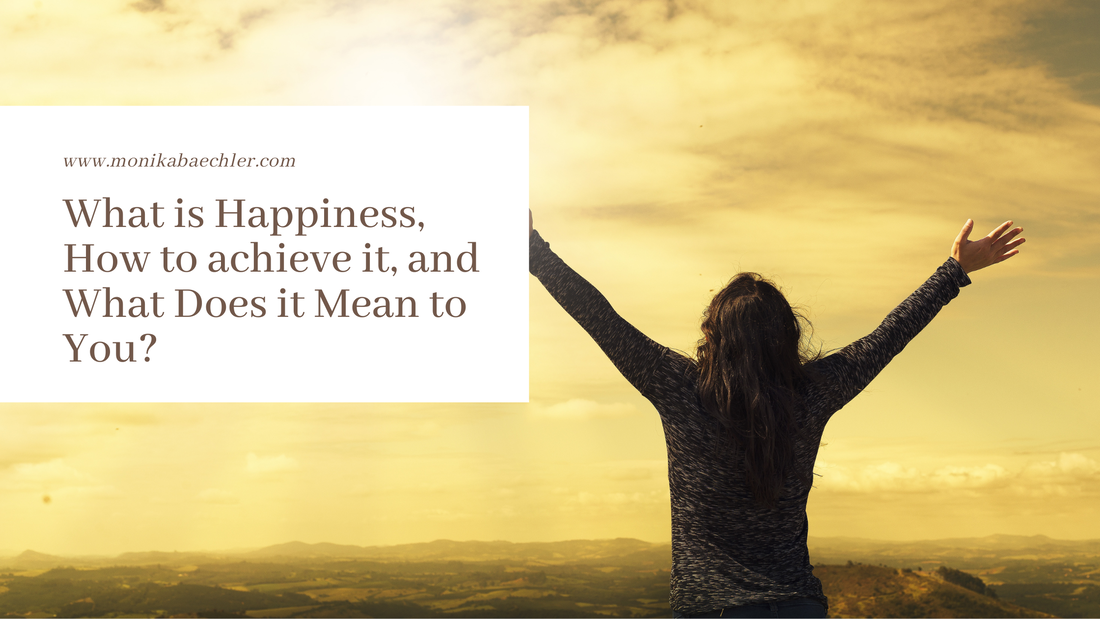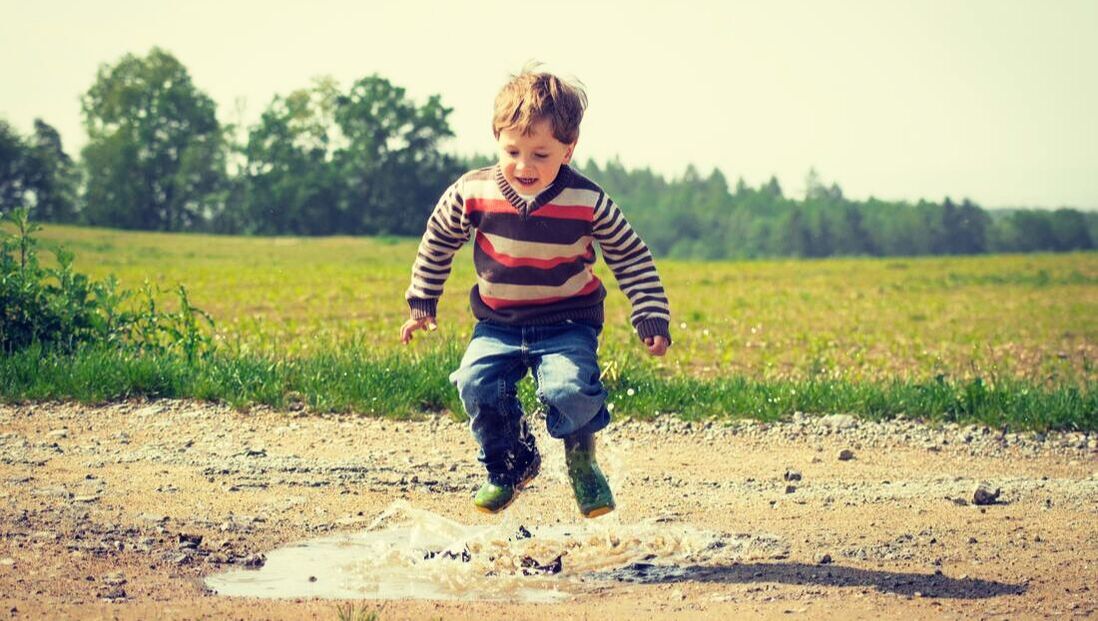|
We all want to be happy. But what exactly is happiness? Is it something we can achieve with a simple prescription? Or is it something that involves a bit more work? The answer depends on who you ask. The term "happiness" has been used in different ways throughout history. For example, in the 1700s, "happiness" refers to things like wealth and power. However, more recently, psychologists have defined happiness as an emotional state characterized by positive emotions and feelings. Our brains are programmed to seek positive emotional experiences - we've evolved this way because these experiences are associated with survival. This explains why we feel good when we eat delicious foods or accomplish something challenging like climbing Mount Everest. But psychologists say that some things can make us less happy over time: for example, being in a bad relationship or working at a job we don't enjoy. Happiness is how you feel when you reflect on an experience or a moment in your life. It's an emotion that can't be explained by other emotions, like sadness or anger. We all strive for happiness in our lives, but how do we find it? What do we need to be happy or how can we experience happier states more often? First, think about what makes you happy. Is it spending time with friends and family? Is it taking care of yourself? Maybe it's having a certain amount of safety-net in your bank account or living in a certain place. Once you've figured out what makes you happy, start working toward making those things happen in your life. Happiness is a state of mind. It's not something we have to go out and find, but it's something that comes from within. You should avoid basing your personal happiness on another person like a spouse or partner. Happiness will never be something you buy, but it's definitely a state you can create within. Happiness is feeling good about yourself, your life, and the people around you. It's a moment of pure joy where everything seems perfect at that moment. It's knowing deep down inside that everything will eventually be okay no matter what happens in this world because you're going to survive it all and come out stronger than ever! Happiness is a feeling we all want to experience. We all strive for it, but it can be hard to define. For example, is there one thing that makes us happy or are there many things that make us happy? According to Harvard University, gratitude is strongly and consistently associated with greater happiness in positive psychology research. Gratitude helps people feel more positive emotions, relish good experiences, improve their health, deal with adversity, and build strong relationships. For those who don't know what gratitude is, the feeling of gratitude is a deep appreciation for all that we have in life. It's not just about counting your blessings but also meaningfully and sincerely appreciating them. For example, one person can be grateful for having a roof over their head, while another might be grateful they can eat three meals daily. Gratitude has been shown to benefit our physical health and mental well-being. Gratitude is a positive emotion we feel when focusing on the good things in our lives. It's not about focusing on what you don't have but appreciating what you do. Gratitude can be practised in many ways and every day, even if it only takes a few seconds to pause and reflect on all the great things in your life. When we practice gratitude, we live happier lives because we feel more satisfied with our current situation. How to practice Gratitude?The best way to practice gratitude is by keeping a gratitude journal. This can be done in several ways, like writing down your grateful thoughts on paper or typing them up and saving them as a text document. Having a gratitude journal allows you to reflect on what makes you happy - whether it be a memory from the past or something extraordinary happening right now! Here are some other ways that I've found helpful in maintaining my sense of gratitude:
I believe happiness is a feeling of contentment and fulfilment in life. It means you are satisfied with your life, and with yourself as a person. Happiness means enjoying the moment and finding joy in simple things like spending time with friends, going on a hike or getting lost in a good book. For me, I can experience bliss sitting with my knitting in front of the TV and enjoying my favorite movies. Happiness does not mean the same thing to everyone, though. It can be different for each person depending on their feelings towards life or their personal views on what happiness means to them. However, happiness is still the same when it comes down to the core meaning behind it all, which is feeling good about yourself no matter what happens externally. Please share, let me know what makes you happy and what happiness means to you. by Monika Baechler
0 Comments
Leave a Reply. |
AuthorMona is a versatile writer with experience in both fiction and non-fiction. She deeply loves the written word and is always seeking new and exciting ways to explore the human experience through her writing. Archives
January 2024
Categories
All
|




 RSS Feed
RSS Feed